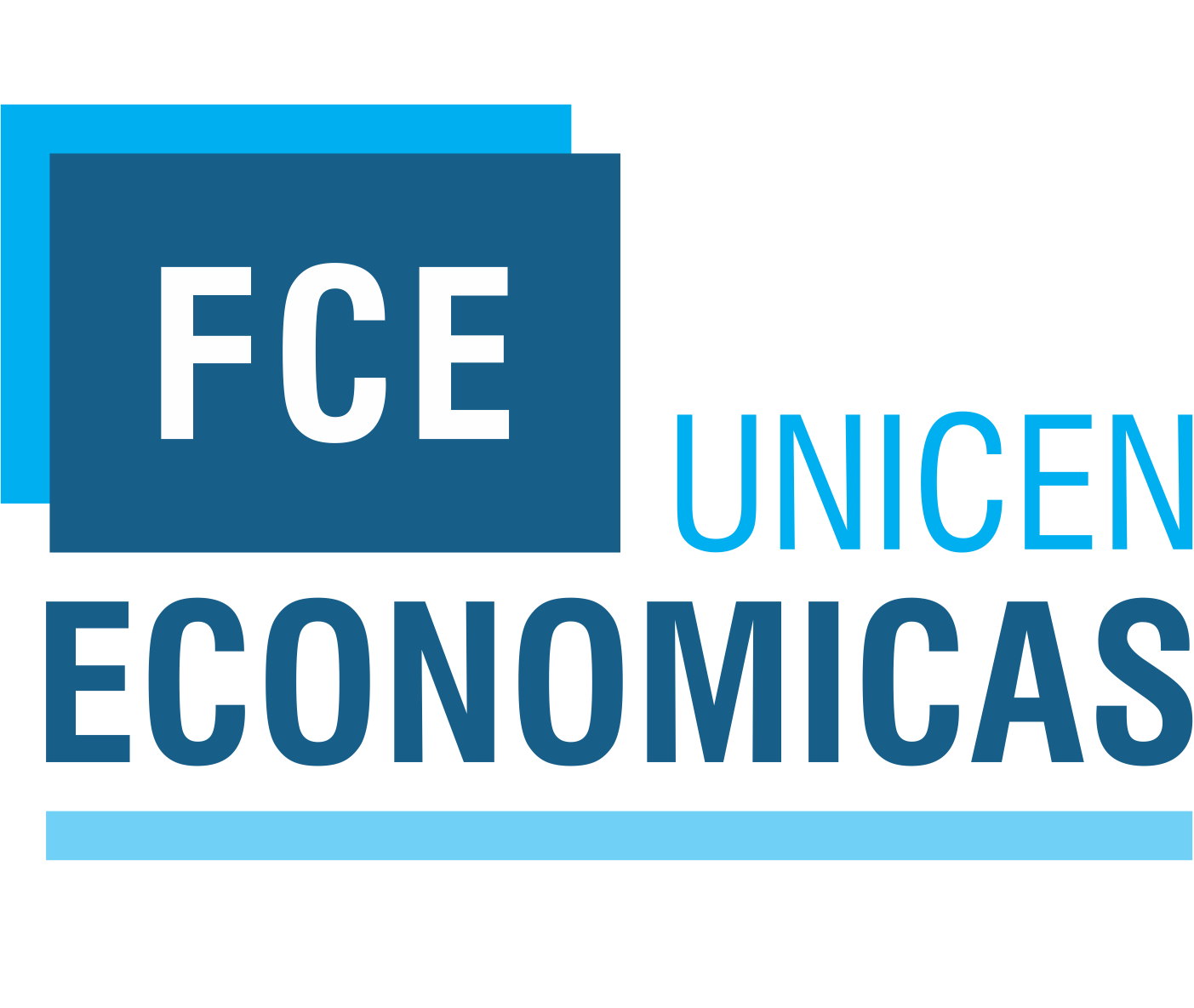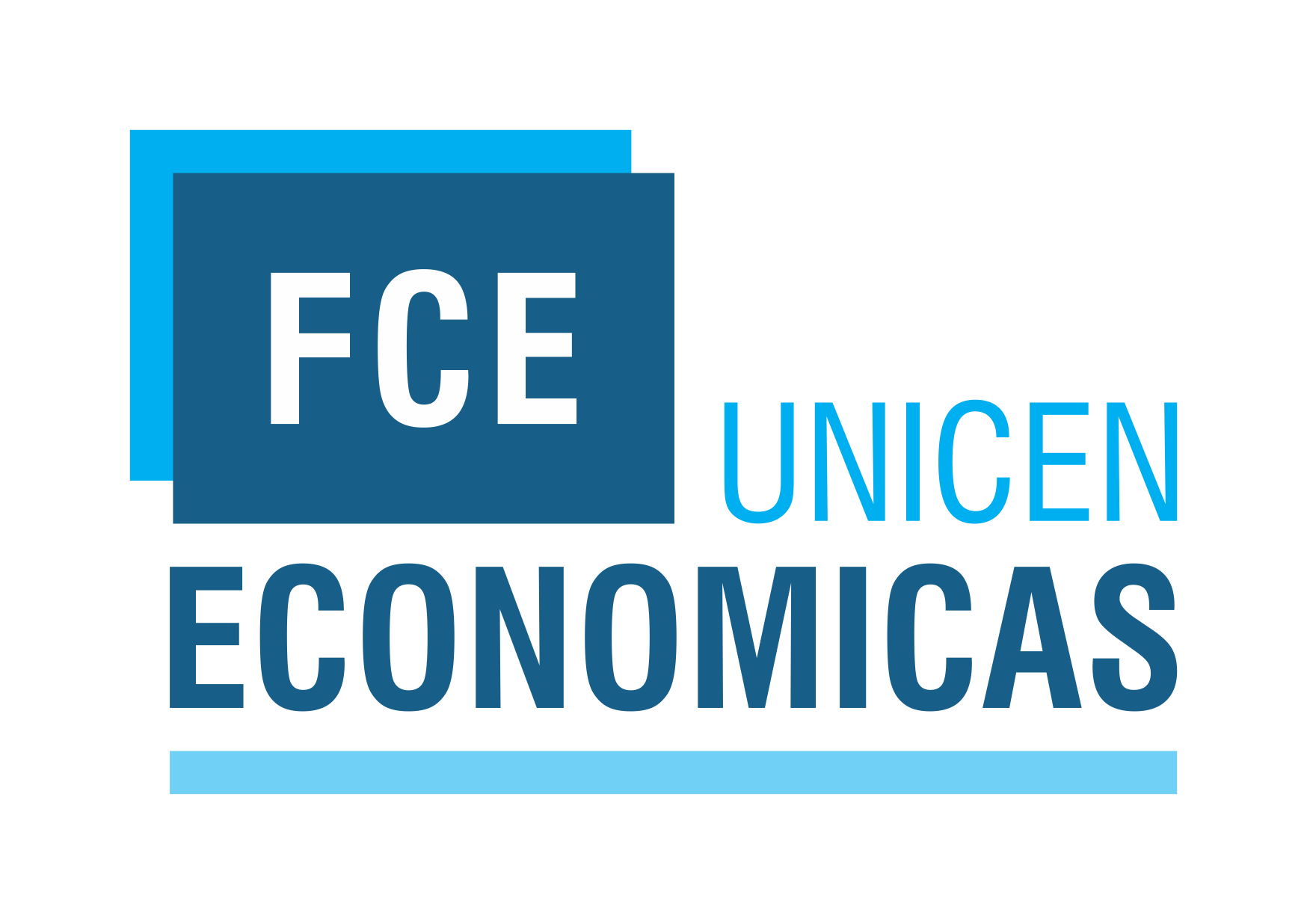Design and curricular organization
Economics of innovation and knowledge
Innovation models. The role of technology in economic development: a review of different theoretical approaches. The economic impact of knowledge. Technology, Productivity and Competitiveness. Technology in Investment Projects. Multidimensional technology assessment. New technological paradigms and competitiveness in the knowledge society.
Lecture Hours: 32 hs.
Entrepreneurial development and creation of technology-based companies
Entrepreneurs and entrepreneurial culture. Motivation, vision and key entrepreneurial talents. The entrepreneurial management tools. Initiatives to promote entrepreneurial development. Training of technology entrepreneurs and social entrepreneurs. entrepreneurship and economic development. The businessman and the business process. Stages and components business creation. The business plan. The creation of spin off and start up. The creation of enterprises in traditional industry and knowledge-intensive sectors. The creation of technology-based enterprises as a means of technology transfer.
Lecture Hours: 32 hs.
Innovative organizations oriented to knowledge
Organizational theory. The forms of organization of institutions. The crisis of the traditional organization. The knowledge as an essential source of value. The role of culture. The management of the human resources. Leadership as a new form of authority. Organizational learning. Cognitive skills. Design and selection of optimal organizational structures of innovative knowledge -oriented organizations. Research, development and innovation strategies (R+D+I). Knowledge sources.
Lecture Hours: 32 hs.
Marketing of technological and industrial products
Marketing of industrial and technological organizations. Essential tools for planning, design, implementation and control of marketing strategy company. Methodology of Market Research. Basic information to make appropriate marketing area organizational decisions. Marketing tools that allow the marketing of products and services, from mass consumption market and applied to technology services and telecommunications. Market dynamics, consumer behavior. Alternatives to formulate and implement the marketing plan.
Lecture Hours: 32 hs.
Tools and mechanisms for financing innovation
Financing innovation. Access and management of public policy instruments to support technology innovation and development instruments: agencies of local and regional development. Necessary resources for an innovative company. Resources exploration. (Bootstrapping). Finances for new companies. Public financing instruments. Subsidies. Private financing instruments through capital. Financing through debt and mechanisms of stock market trading. Financing mechanisms for technological innovation and university-industry linkage.
Lecture Hours: 32 hs.
Seminar Practical Application (SAP)
The application seminar will be a space aimed at integrally sharing all the knowledge spilt in the subjects of the formation period across different methodologies of education. As such, the application seminar will be nourished by the various learning resources so that the student achieves a omprehensive understanding of the dynamics of a technological business.
On the one hand the seminar will be intensive in the use of digital learning tools, commonly referred to as 2.0, such as wikis, blogs and social networks. On the other, it will integrate different teaching methods such as classes, discussions and company visits.
The seminar is prior to the final evaluation step and should give students a global vision of the technology business and its dynamics. At the same time, it will be given at random throughout the whole course of studies, so that it will support the subjects of the formal period.
The aim is to integrate and deepen the concepts of the subjects of the formal period. To apply to the business framework the models, techniques and concepts developed in the subject. To interact with managers, business owners and specialists in the various topics that the subjects address. To create a space for continuous testing of new technological concepts applied to the management of technology companies.
Methodology:
The seminar will be nourished by a portfolio of teaching/learning methods, such as:
Lectures; Development and discussion of case studies; Videoconference: guest Specialists; Company visits and discussions panels.
Lecture Hours: 32 hs.




